the basics to buying your first commercial real estate investment
Today, I’m going to show you how to get started in commercial real estate investing with 5 steps to buying your first property.
In fact, it’s the same strategy that I used in 2019 to acquire 4 office buildings here in Nashville.
So, if you’re interested in commercial real estate investing, you’re going to love this step-by-step guide.
Let’s dive on in.
Step 1: Choose your niche and become the expert
Educate Yourself
You need to decide what you want to do and focus on that.
There are many “shiny objects” in commercial real estate - that’s one of the beautiful things about this industry! And while diversifying your portfolio is certainly an important aspect of commercial real estate investing, you need to dial in and become the expert on one specific type of investing, first.
Now, the most you’ll ever learn about commercial real estate is actually after you’ve done a deal - some parts of the investing process just can’t be captured in a book or video.
However, you need to have a decent understanding and road map for your investing strategy.
There are so many ways that you can go about educating yourself on commercial real estate:
You can listen to podcasts
Watch videos on YouTube
Have conversations with other investors. Learn from people who have done it already!
Join real estate investing groups. Joining a real estate investing group here in Nashville (REIN) was one of the first steps I took to becoming a real estate investor.
Not only do these groups offer educational classes and events, you can network with other investors to find deals.
You know what? You might even get a job in commercial real estate! That’s what I did - I got my start as an in-house leasing agent for a boutique development firm.
In the 4.5 years I was there, I learned how to build single family homes, develop townhome projects, manage office / retail / industrial properties, and how to masterplan communities!
It would’ve taken me a lifetime to learn that any other way and I got paid to do it.
Ok, so after you’ve educated yourself on commercial real estate investing, it’s time to choose a property type. And the reason that I recommend you choose your property type after you’ve educated yourself on commercial real estate, is that you don’t necessarily know which property type will be right for you before you get started.
For example, if you’re a single-family residential investor, you’ve probably heard the next step is buying multifamily. But did you know that storage units, which are a subclass of industrial, pretty much operate the same way as multifamily without the headache of dealing with residential tenants?
You may find another asset type that is more attractive to you as an investor.
Choose A Property Type
There are 5 primary types of commercial real estate that you can invest in:
Multifamily
That’s anything from a single duplex with two units, to hundreds of units spread out across a garden-style apartment complex.
Office
Office buildings can be as small as a commercially zoned home housing an attorney’s office or a skyscraper downtown.
Retail
Retail real estate can be anything from that Starbucks around the corner from your house to a massive regional shopping center.
Industrial
Industrial real estate is made up of warehouses and distribution centers of all sizes - think Amazon delivery!
Hospitality
Hospitality real estate are the hotels and motels that serve business and leisure travelers. Short-term rentals are often included here, too.
So after you’ve determined which commercial property type is right for you, it’s time to decide upon an investment strategy.
Your Investment Strategy
There are many different investment strategies and just like choosing a property type, it’s important to find a strategy that’s right for you. Depending on your goals and what piques your interest, you may find yourself:
Land Banking
Land banking is where you purchase larger tracts of land that are in the path of development with the hope that they will appreciate in value as the development moves your way.
Development
Commercial real estate development is where you take raw land and re-imagine what could be constructed on that property.
Fix & Flip
Just like it sounds, fix & flip in commercial real estate investing is the same as it is in residential where you buy a property, make any necessary repairs and upgrades, and then resell it.
Wholesaling
Wholesaling real estate is where you find a good deal, put the property under contract, and sell the contract to another real estate investor or owner-occupant.
Owner-Occupied
Similar to “house-hacking” in residential, owner-occupied commercial real estate investing is where you purchase a piece of real estate where you plan to run your business.
BRRRR (Value-Add)
The BRRRR strategy - this is my favorite investing strategy and one I have used time and time again. BRRRR stands for Buy, Rehab, Rent, Refinance, Repeat.
Passive Investing
If you don’t have time to actually run and operate a deal, there are many benefits to being a passive investor in commercial real estate.
Step 2: Learn How To Underwrite Commercial Real Estate Investments
You Need To Know The Math Inside And Out
Get your underwriting tools together (you can create these yourself or you can find some templates online).
Most investors will use some variation of an Excel spreadsheet where they can type in various items, such as purchase price, estimated rehab, projected rent, and financing. These spreadsheets will then crank the expected returns for the investor on this deal.
You should also have a “back of napkin” formula that you can apply to any commercial real estate investment to determine whether or not it’s even worth underwriting.
This “back of napkin” formula can be any single metric that works for you and can give you a quick green or red light. For me, I like to look at the asking price per square foot of the investments I make. Having a background as a commercial real estate broker, I have in-depth knowledge of what market rents are per square foot. By utilizing the prices per square foot on the purchase and rent, I can quickly determine if the deal will make any money.
Now, I do recommend when you first get started that you underwrite every deal you possibly can. This way, you can actually learn what makes a deal work.
Don’t have an underwriting model? Check out our models below - we use these to underwrite every investment we make!
Take a CCIM course and work for your designation
CCIM, which stands for Certified Commercial Investment Member, is a designation offered by the CCIM Institute.
This commercial real estate designation is comparable to a CPA for an accountant and is basically a master-course on how to invest in commercial real estate. They teach you how to analyze project financials, research real estate markets, determine user criteria, and make investment decisions.
While this designation won’t be important for everyone, the CCIM course is pretty in-depth and you’ll walk away knowing just about everything you need to know about investing in commercial real estate.
Step 3: Build Your A-Team
Find A Broker That Specializes In Your Chosen Property Type
Get on their mailing list and review every email they send. Underwrite & tour every property that closely fits your criteria. But most importantly, have conversations with them about the properties.
Why do they like this site? What are the drawbacks? What is their anticipated OpEx?
Brokers want to bring you deals that will be successful so they can continue selling you properties in the future.
Find A Commercial Real Estate Attorney
Hiring an attorney that specializes in commercial real estate is an absolute must in my mind.
Not only do commercial real estate attorneys review and negotiate purchase and sale agreements on your behalf, they also check to make sure that the property doesn’t have any zoning restrictions, land-use issues, environmental issues, and they can also help you negotiate your loan agreements.
Find A Contractor That Specializes In Commercial Real Estate
Are you starting to catch on here with the commercial real estate specialty? Everything is different in commercial real estate than it is in residential real estate. You wouldn’t call the Fire Department to stop a bank robbery - the same goes for contractors that specialize in commercial real estate.
Your contractor will be able to walk through properties with you and help you get an idea of what the expenses will be if the property needs any maintenance & repairs - depending on your relationship with them, you may only be able to walk through while you’re under contract and not every single deal you tour.
Find A Commercial Property Management Company
Having an outstanding property manager on your side makes all the difference when you’re investing in commercial real estate. I highly recommend keeping a property management fee in your underwriting, regardless of whether or not you intend to hire a management company. You never know what could happen and if the deal doesn’t work with a management fee, it probably doesn’t work at all.
Property managers will be able to walk through and assist you during your due diligence just like a contractor would. They can help, along with your broker, point out the pros and cons for tenants and any issues that may arise during your acquisition of the property.
Build Relationships With Commercial Lenders
Commercial lenders will have specific underwriting criteria, as well, and can also help you determine if a deal makes sense. Chances are good that if you’re unable to get approved but multiple commercial lenders, it’s probably not a deal.
Step 4: Underwrite At Least One Deal A Day
Practice Practice Practice.
The more you’re looking at deals, the better you’ll be at realizing what a good opportunity is. Underwriting a deal a day is a good habit to get into because it forces you to review the pros and cons of a property and why you would or wouldn’t pursue that as an investment. Michelangelo didn’t become an expert painter overnight - he practiced! Just like you need to do with your underwriting so you can become an expert at reviewing commercial investment opportunities.
Underwriting Is Probably One Of The Most Important Skills You Can Have As An Investor.
In fact, underwriting properties is so important, I know individuals that will charge between $3,000 and $5,000 to underwrite larger commercial real estate deals for you. $3,000 to $5,000! I mean, if you’re willing to pay that, send me an email and I’ll underwrite your deals for you!
Yes, it can be a bear, I get it. Underwriting a project can be a very labor intensive process, especially if you do it correctly. But if the numbers don’t work, it doesn’t matter how amazing you think the property is or where it’s located, it won’t be a good investment.
Set Your Investment Criteria And Stick To It
Having a set investment criteria that works for you is a very important part of underwriting commercial deals. If you want to get an 8% return on your money, don’t settle for 7.5%! Every piece of commercial real estate that you buy takes away from the capital that you can invest into a deal that actually does fit your investment criteria.
Step 5: Make At Least One Offer Per Week
I Got This One From My Friend, Brandon Turner, Over At BiggerPockets.
If you’re not making an offer a week, you’re not looking at and underwriting enough properties! Commercial real estate investing is a numbers game and you may have to look at 100 properties just to find 1 that works. However, that 1 property will be worth it.
It doesn’t cost you a dime to put together a letter of intent and make an offer on the terms that work for you. You never know what could happen - that seller may be under a time crunch with his loan coming due or they may have another property they want to purchase with the proceeds from this sale. If you don’t make the offer, you’ll never know.
A quick recap on the 5 steps to buying commercial real estate:
Educate Yourself on Commercial Real Estate Investing
Learn How to Underwrite and Analyze Deals
Surround Yourself with a Qualified Team
Underwrite at Least a Deal a Day
Make at Least One Offer a Week!
Frequently Asked Questions About Buying Your First Commercial Property
How Do You List Commercial Properties for Rent?
Prepare the Property: Ensure the property is in good condition, clean, and ready for occupancy. Make any necessary repairs or improvements to enhance its appeal.
Set an Appropriate Rental Price: Research the local market and comparable properties to determine a competitive rental price that aligns with the property's value and location.
Create a Comprehensive Listing: Develop a detailed listing that includes key information about the property, such as its size, amenities, location advantages, lease terms, and contact details.
Promote the Listing: Utilize various channels to advertise the property, such as online listing platforms, social media, local real estate agents, and property management companies.
Screen Potential Tenants: Implement a thorough tenant screening process to ensure you find reliable and qualified tenants. This may include background checks, credit checks, and reference verification.
Of course, you could bypass all of these steps by interviewing and hiring a commercial brokerage team to manage the leasing of the asset, as well.
2. How to Find Commercial Real Estate For Sale
Engage a Real Estate Agent: Seek assistance from a reputable commercial real estate agent who specializes in the type of property you are looking for. They have extensive market knowledge and can help you navigate the buying process.
Network and Attend Events: Attend industry events, seminars, and networking opportunities to connect with other property owners, investors, and professionals who may have information about potential commercial real estate opportunities.
Utilize Online Listing Platforms: Explore online listing platforms dedicated to commercial real estate. These platforms often provide a wide range of property listings, allowing you to filter by location, price, property type, and other relevant criteria.
Consider Off-Market Opportunities: Stay open to off-market opportunities by actively networking with professionals in the industry. Off-market properties may not be publicly advertised, but connections and relationships can help you discover potential deals.
3. How to Find a Loan to Buy Commercial Property
Determine Your Financing Needs: Assess your financial requirements, including the amount of loan you need, your creditworthiness, and the terms you can afford.
Research Lenders: Explore various lending institutions such as banks, credit unions, and commercial mortgage lenders. Look for lenders who specialize in commercial real estate loans and have experience in your specific property type.
Gather Documentation: Prepare necessary financial documents such as tax returns, income statements, and property information to provide to lenders during the loan application process.
Submit Loan Applications: Approach multiple lenders and submit loan applications. Compare their terms, interest rates, and fees to determine the most favorable financing option for your commercial property purchase.
Work with a Mortgage Broker: Consider engaging a mortgage broker who can help you navigate the lending landscape, connect you with potential lenders, and assist with the loan application process.
4. How to Buy Commercial Property with No Money
Joint Venture: Partner with an investor or business entity that provides the necessary funds in exchange for a share of ownership or profits.
Seller Financing: Negotiate with the property seller to finance a portion or the entire purchase price, allowing you to make payments over time.
Creative Financing: Explore alternative financing options such as lease options, seller carryback financing, or private lending.
Real Estate Crowdfunding: Utilize online platforms that pool funds from multiple investors to collectively purchase commercial properties.
Seek Grants or Incentives: Research government programs, grants, or economic development initiatives that offer financial assistance for property acquisition.
Learn more about buying commercial property with no money.
Share This Article:
About The Author:
Tyler Cauble, Founder & President of The Cauble Group, is a commercial real estate broker and investor based in East Nashville. He’s the best selling author of Open for Business: The Insider’s Guide to Leasing Commercial Real Estate and has focused his career on serving commercial real estate investors as a board member for the Real Estate Investors of Nashville. Learn more at www.TylerCauble.com






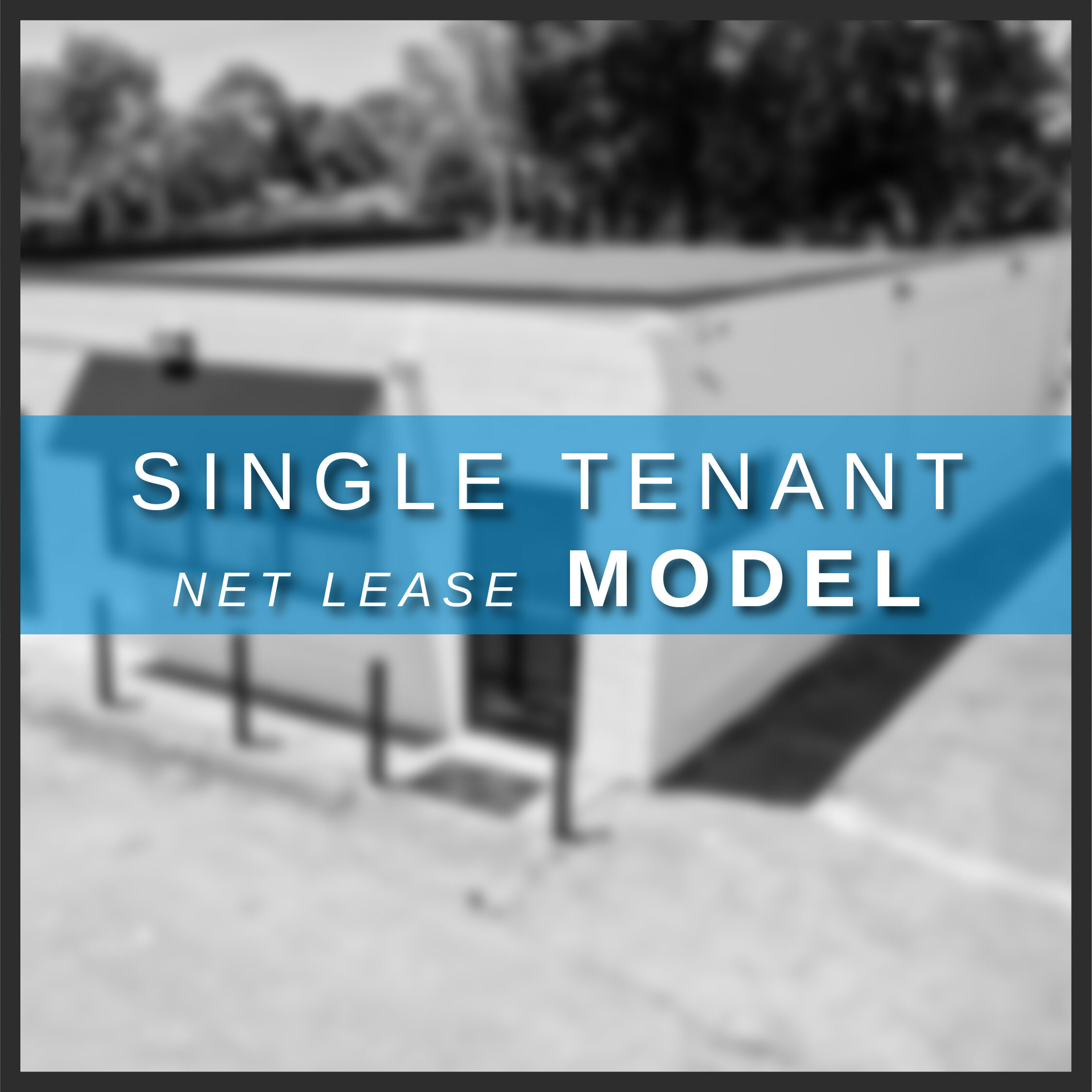
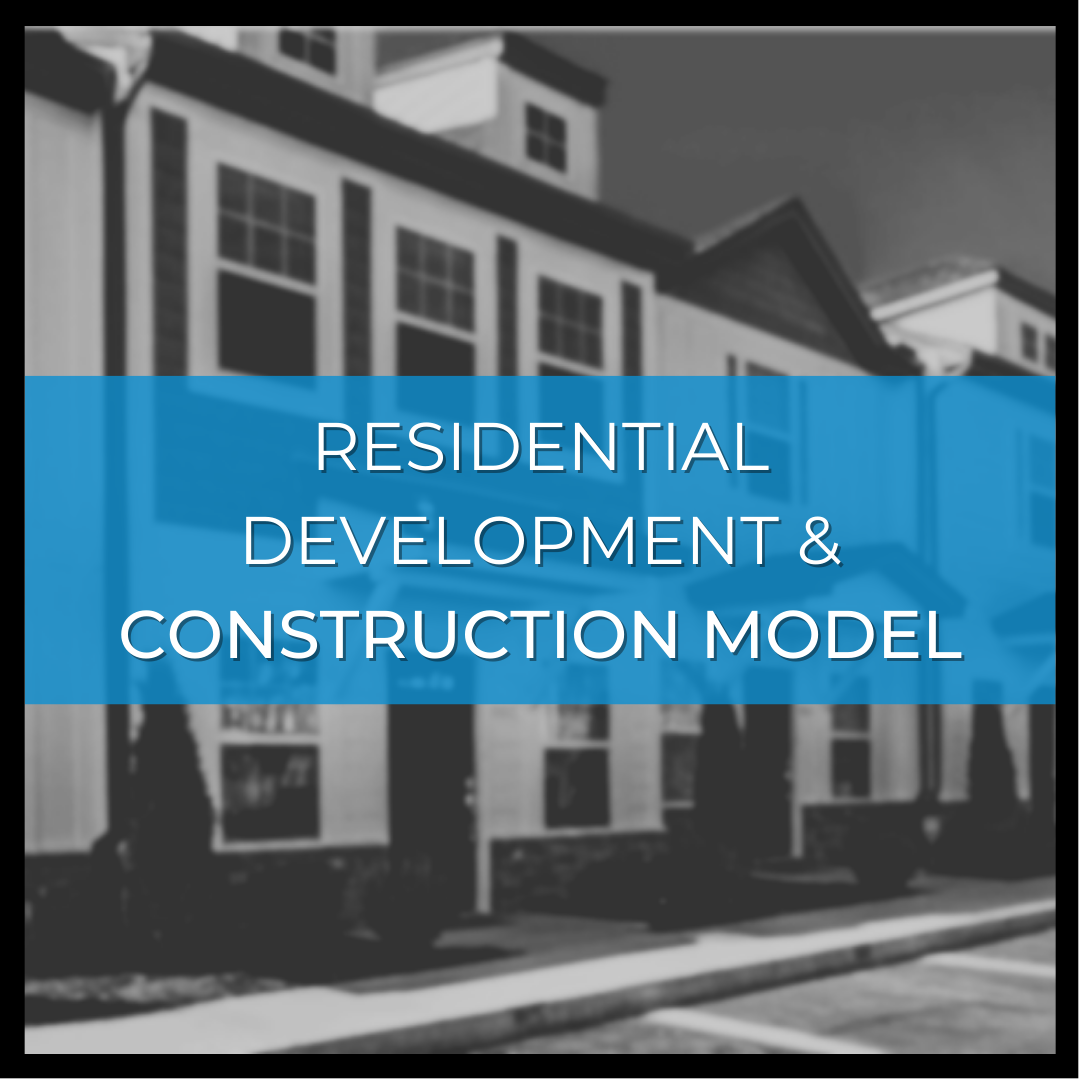


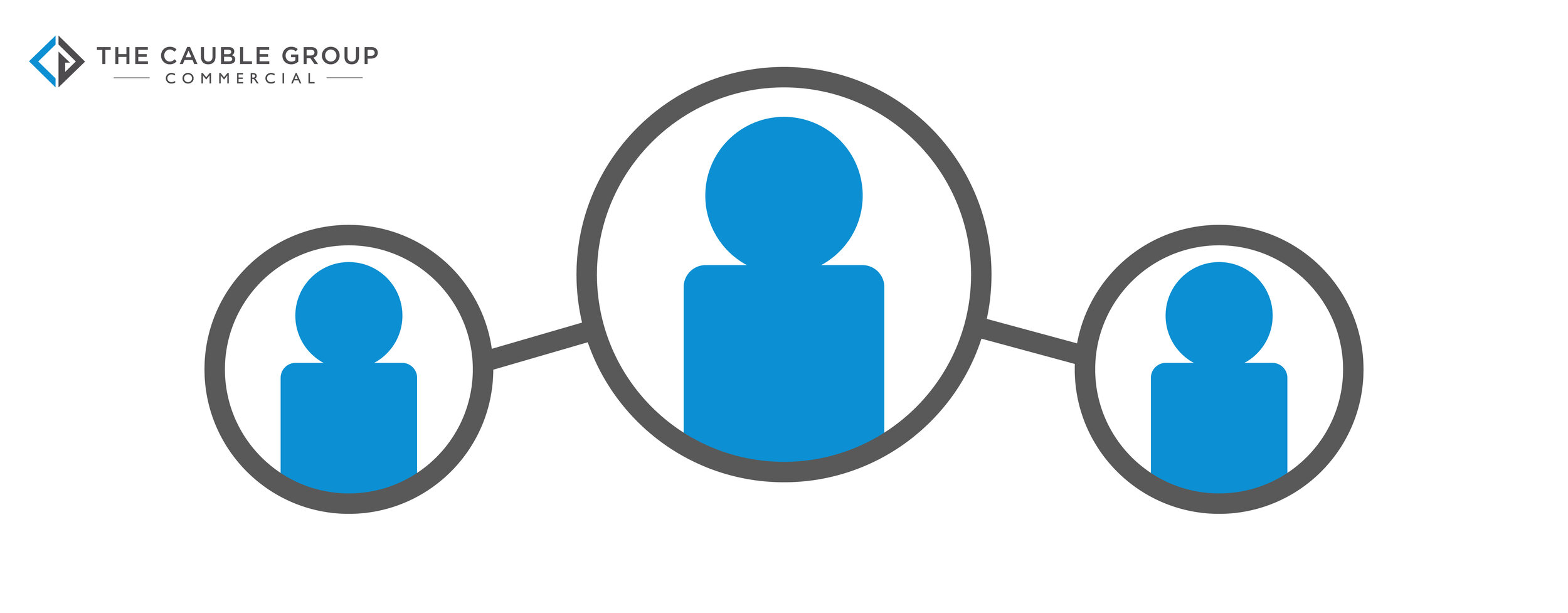

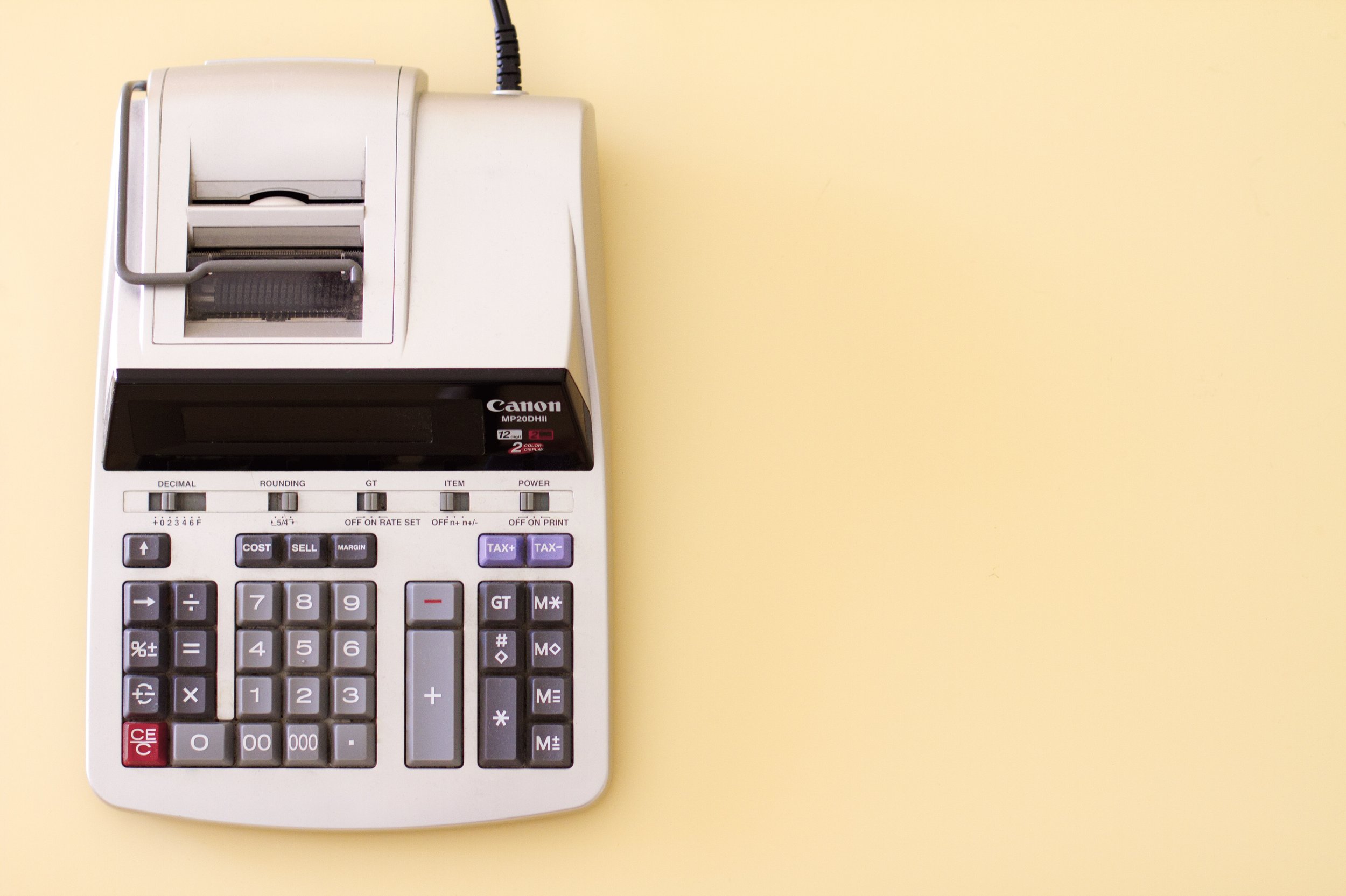


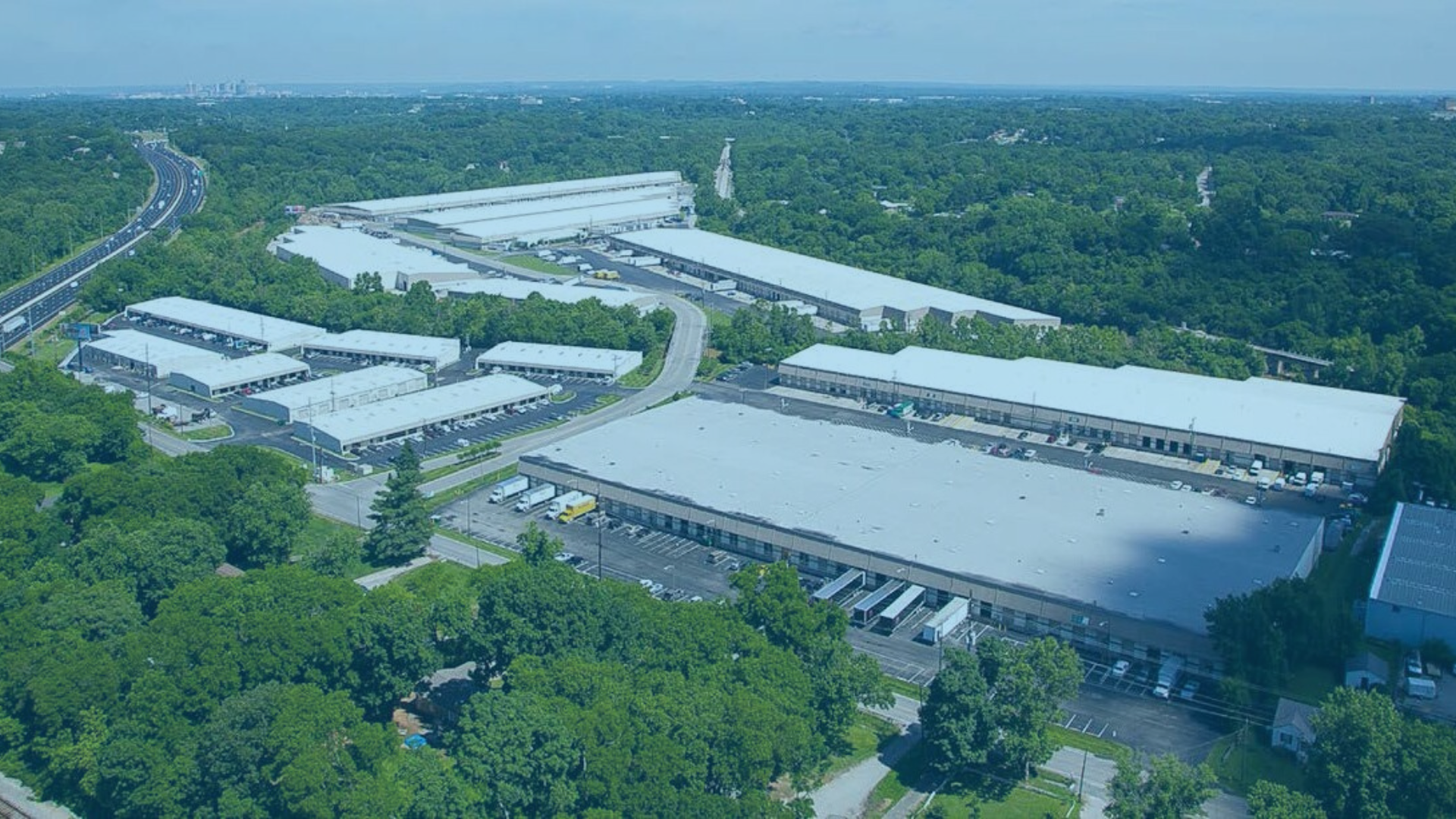




Quickly determine if a deal is worth pursuing or not.